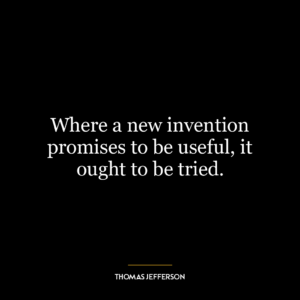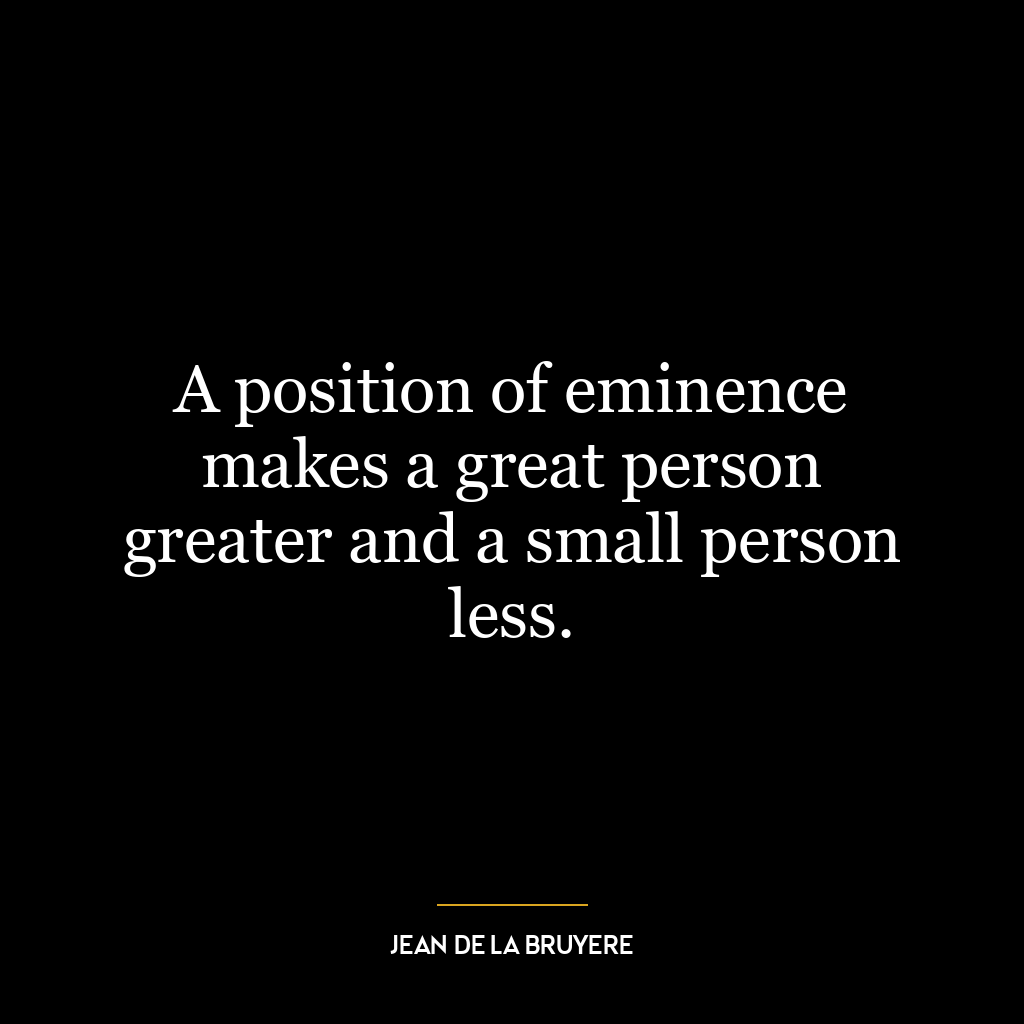This quote speaks to the human tendency to be more affected by negative experiences than positive ones. Unmerited abuse refers to criticism or harm that is not deserved or earned. Such negative experiences can cause deep emotional wounds, frequently enough leaving lasting scars on a person’s psyche. On the other hand, unmerited praise, which refers to compliments or accolades that are not deserved or earned, lacks the power to heal these wounds.
The idea behind this is that humans naturally give more weight and importance to negative experiences over positive ones – a psychological phenomenon known as negativity bias. This means we are more likely to remember and be affected by a single bad experience over multiple good ones.
Applying this concept in today’s world could lead us towards empathy and understanding in our interactions with others. It reminds us of the potential damage of careless words and actions, prompting us towards kindness even when it may seem undeserved.
In terms of personal development, this quote might push one towards resilience and self-awareness. Understanding that unearned criticism does not define yoru worth can help build resilience against such negativity. Similarly, recognizing that undeserved praise doesn’t necessarily reflect your abilities can keep you grounded and focused on genuine self-improvement rather than superficial validation.
Moreover, it encourages individuals in leadership positions – whether at work or home – to provide constructive feedback rather than harsh criticism as it has a stronger impact on people’s performance and well-being.
it also brings attention to the importance of mental health care for those who have experienced emotional trauma due their past negative experiences as mere positive affirmations may not suffice for healing.















